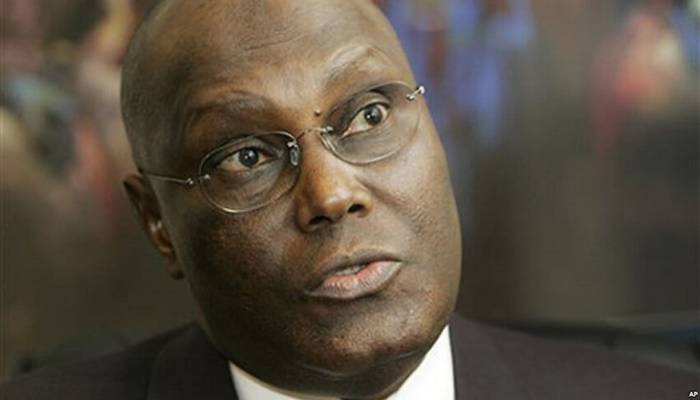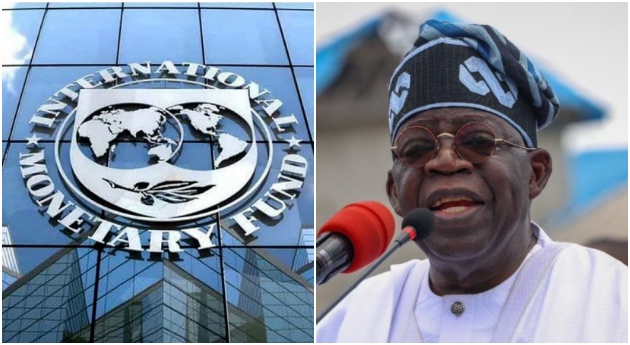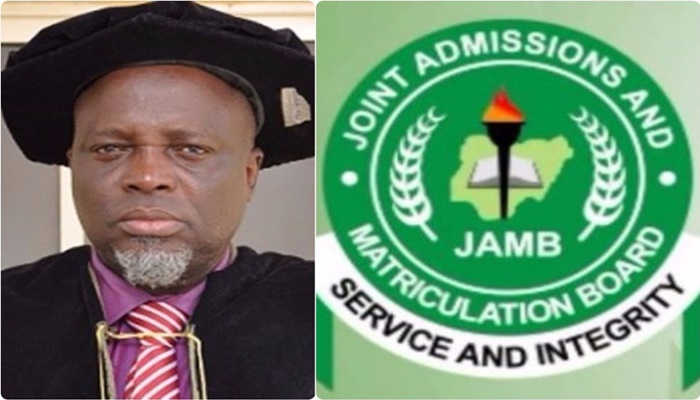
The presidential candidate of the Peoples Democratic Party (PDP), Alhaji Atiku Abubakar, has saidthat he was personally involved and participated in crafting the ideas in the working document he released tagged “The Atiku Plan”, which contains his ideas on how to get Nigeria working again.
The former vice-president disclosed this at a meeting with the business community Wednesday held at Eko Hotels and Suites, with the theme: “Getting Nigeria’s Economy Working: A Pragmatic Approach.”
The meeting also had in attendance the his running mate, Mr. Peter Obi.
Asked how involved he was in the creation of the plans considering the fact that politicians have denied their policies and manifestos in the past, Atiku replied: “This is not the first policy document I’m creating. I want to assure you I was personally involved and participated in crafting the ideas. I worked with the best experts as well.”
He stressed: “In 2007, when I wanted to run, I worked with experts to produce the Niger Delta Master Plan. When I lost the elections, I handed it over to Yar’dua. This document led to the reforms and creation of the Niger Delta Ministry.”
On the success and growth of the economy when he was in government, Atiku stated that the secret was that the government always met with the business community and always knew their needs as a result.
This led to a 7 per cent economic growth, as opposed to the current 1.8 per cent economic growth rate.
On his part, Obi said that fixing Nigeria’s infrastructure must be private sector-led, adding that this is what is obtainable elsewhere, adding that the government does not have the capability to deliver the infrastructure the country needs now.
Considering the fact that 2018 saw the nation losing cumulatively 20.9 million jobs, Obi explained that China used MSMEs to drive employment, stressing that small and medium scale enterprises contribute 60 per cent of China’s economy and Nigeria should learn from them.
Obi also stated that the idea of allowing the government to handle infrastructure is behind the debt burden of the economy which in turn reduces money that could have been spent on education and health.






